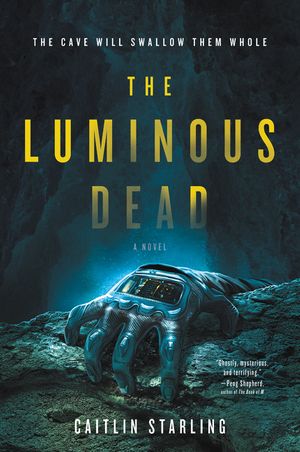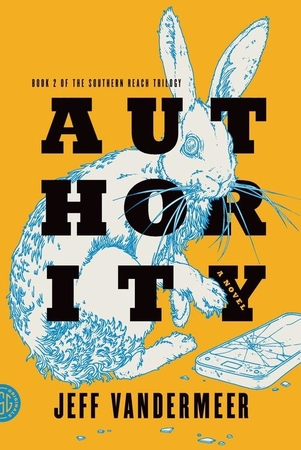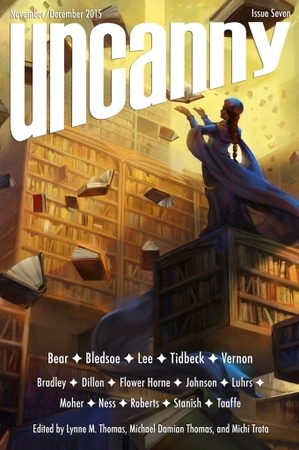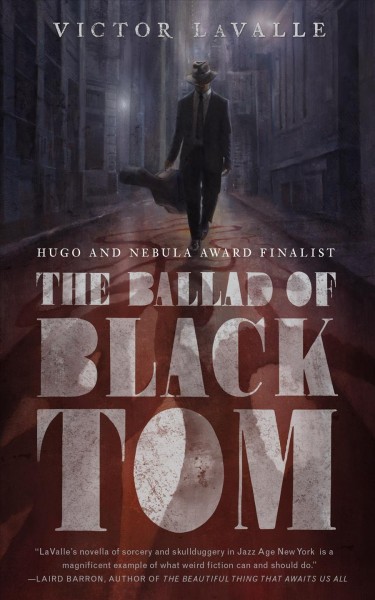The horror genre and its close kin are well-suited to class-conscious critique. Alien’s working-class protagonists are killed by Xenomorphs, sure, but their deaths are written off as the price of doing business by a greedy corporation. Cabin In the Woods turns slasher tropes into corporate drudgery. Get Out is a blistering critique of the commodification of Black identity and bodies by rich white people.
As a kid, horror was the first genre I truly loved, and the one that I always turned to when I couldn’t make sense of the world. Which was frequently; the happy, wholesome middle-class existence normalized on television was a rarity in my working-class town. Families like mine–parents with multiple jobs, struggling with addiction or anger or bankruptcy–were relegated to Very Special Episodes, one-off moralizing cautionary tales.
We seemed to proliferate in the horror genre, though, and maybe that’s why my adolescent comfort reading was just as likely to give me nightmares. My bookshelves were heavy with RL Stine, Lois Duncan, and Robert Cormier, which transitioned easily into Stephen King and Poppy Z. Brite in my teens.
As an adult, I keep returning to horror, the strange, and the surreal for the same reasons. My novella Finna features two queer ex-lovers at a big-box homegoods store, where the horrors are rooted in their employer’s ruthless capitalistic mindset as much as carnivorous furniture or murderous sales associates. For me, living and working late-stage capitalism often feels like being stuck in the plot of a surreal, slowburn apocalypse, where the third-act plot twists just keep coming.
Here are a few of my favorite stories that tackle class and late-stage capitalism, and its intersections with race, power, and violence.

Let’s Play White by Chesya Burke
Burke is one of the most criminally underrated horror writers in the genre. Her 2011 short story collection shows off her daring and her skill in writing the intersecting horrors of racism, sexism, and poverty. The book opens with “Walter and the Three-Legged King,” which forces its protagonist to make a choice: endure the indignities and pains of poverty, or compromise his Black identity. Either way, he’s trapped in a racist system. Other favorites include “I Make People Do Bad Things,” about a Harlem madame-turned-numbers-queen whose secret weapon cuts both ways, and “CUE: Change,” which turns the zombie apocalypse story on its head.

The Luminous Dead by Caitlin Starling
Broke, desperate for money, and even more desperate to prove herself, Gyre gets a job mapping the interior of a cave system. Her only lifeline to the surface world is Em, her handler. Em isn’t exactly reliable; she drugs Gyre, cuts off communication, and knows a lot more than she’s telling. Em knows Gyre lied about her qualifications, and isn’t afraid to use that knowledge against her. Em’s secrets, however, aren’t the whole of Gyre’s troubles. She’s not alone down in the caves; everyone who died exploring it is here as well. Starling has written a tight, tense, and claustrophobic sci-fi thriller, with notes of body horror and a number of unexpected twists.

Night Shift by Stephen King
Stephen King remains one of my problematic faves among horror writers with working-class backgrounds. In On Writing, King wrote extensively about his hardscrabble upbringing in Maine, with a single mother who worked long hours to support her sons. Before selling his first novel, King took shifts at a local industrial laundry to supplement his meager income as an English teacher and short story writer. Some of those experiences—as well as his familiarity with rural New England class politics—are on display in his first short collection, and make up for some of the more tired or trope-y stories in the volume. “The Mangler” and “Graveyard Shift” in particular demonstrate his distaste for casually cruel bosses or the nightmarish danger of industrial accidents.

Authority by Jeff VanderMeer
The second book in VanderMeer’s Southern Reach Trilogy sees the weirdness of Area X permeate the facility tasked with controlling it. Authority mixes mundane office drama with spy-vs-spy paranoia and VanderMeer’s particular brand of the Weird. The novel thrums with a strain of dark humor and the surreal, familiar to anyone who’s been trapped in a job with a dysfunctional organization. For a shorter and stranger take on surreal office horror, read “The Situation” in his collection The Third Bear, or a comic adaptation of it at Tor.com.

“A Call to Arms for Deceased Authors’ Rights” by Karin Tidbeck
Tidbeck’s 2015 short story takes the idea of ghostwriting to its properly spooky conclusion: the narrator, an impoverished writer trying to break into publishing, is referred to a ghostwriting gig by a friend. She finds out that the gig isn’t, as she thought, editing notes left by deceased authors, but taking actual diction from their reanimated corpses. When the friend who referred her dies via a falling piano and is resurrected, the narrator is tasked with transcribing her postmortem rambles. The story is full of these kinds of tender ironies, told with a deadpan tone that disguises real concerns about intellectual property, profiteering off creative labor, and the afterlife of art. Tidbeck’s novel Amatka also tackles the futility and ennui of living in self-devouring economic systems.

Mapping the Interior by Stephen Graham Jones
Stephen Graham Jones is a prolific horror writer, he’s churned out several books and novels, in addition to critical work about the horror genre. As such, he gets easily into the heart of what ghosts are: outsiders, creatures of the margins and fringes, finding hidden ways into the places we thought were safe. The novel’s young protagonist encounters a vision of his father’s fancy dance regalia, despite having died on the reservation nearly a decade earlier. Mapping the Interior’s characters are forced to make terrible choices when faced with the colliding extremes of poverty, necessity, pride, and power.

Ballad of Black Tom by Victor LaValle
Whiteness, wealth and the systems upholding them are on par with monsters from the outer planes in LaValle’s slim novella, a retelling of HP Lovecraft’s virulently racist “The Horror at Redhook.” Lovecraft’s story used New York City’s Black and immigrant populations and the slums that they were confined to as a backdrop for a monster-worshipping cult. LaValle’s protagonist, a mediocre bluesman mourning a father murdered by the police, flips the script. The chilling indifference of the Great Old Ones—a source of terror in cosmic horror—seems like a kindness compared to the hatred of the white and the wealthy.
The post 7 Terrifying Horror Stories About Class appeared first on Electric Literature.










